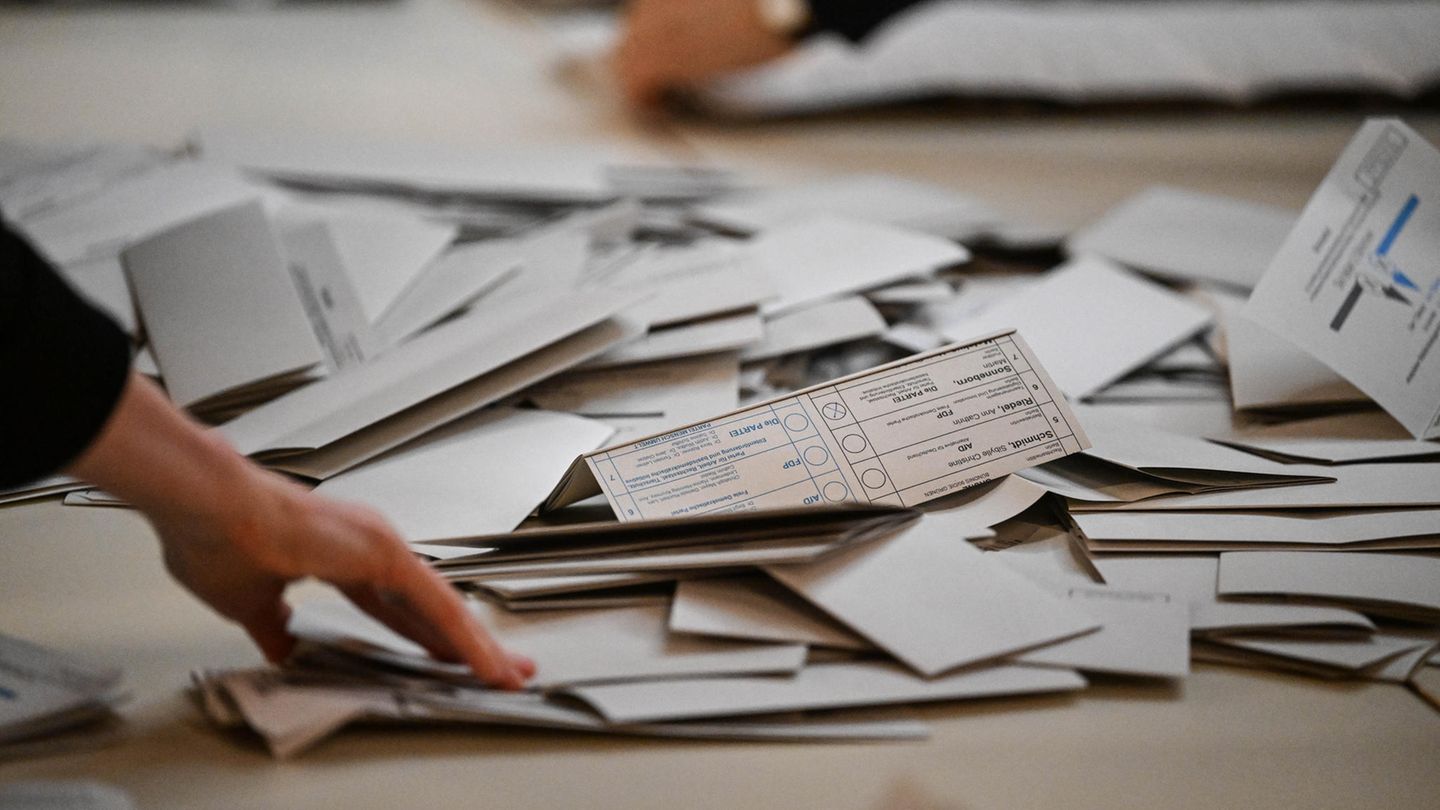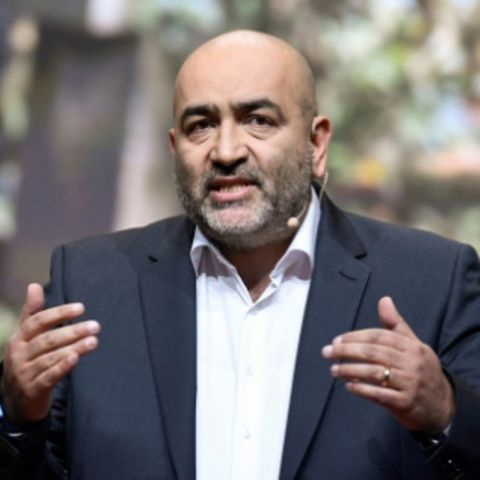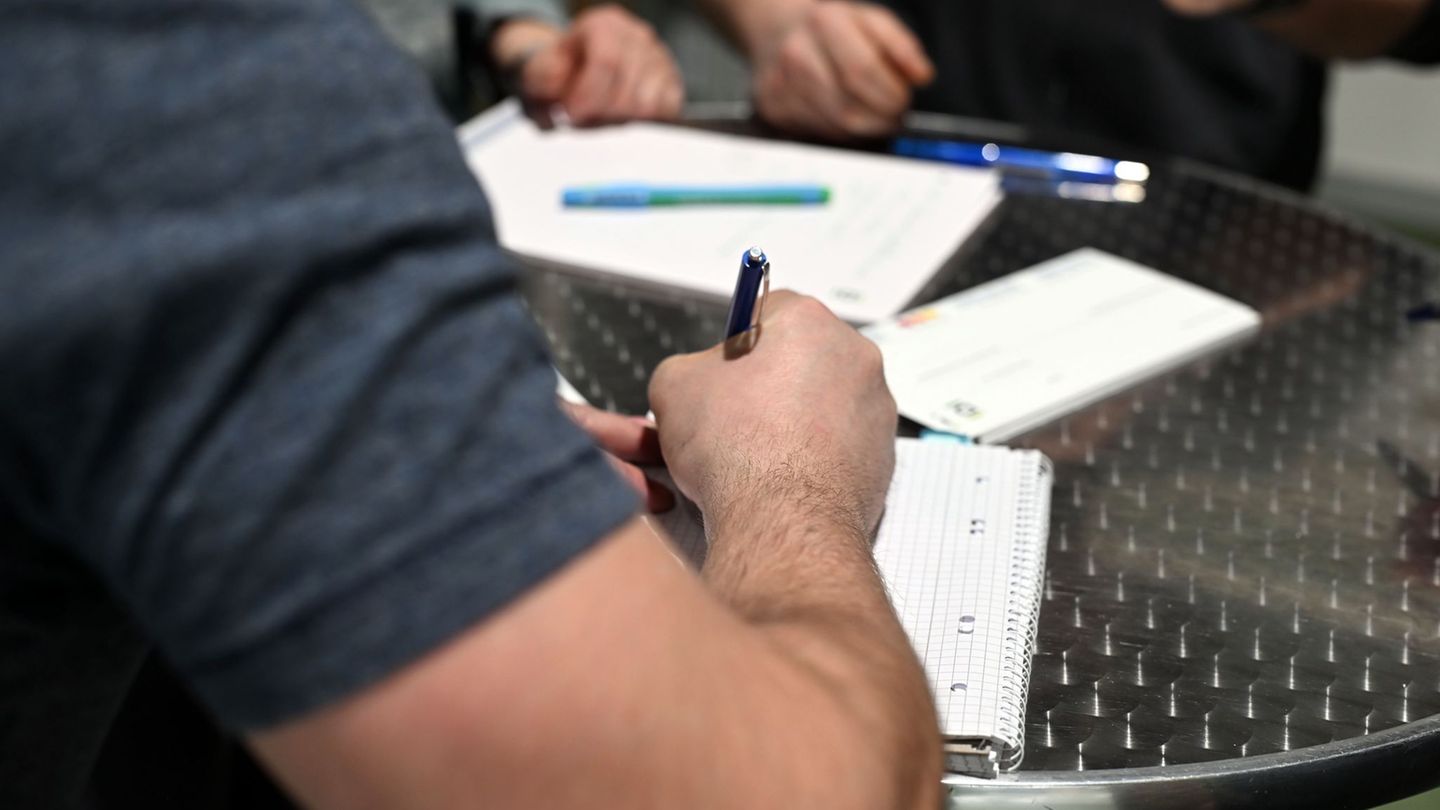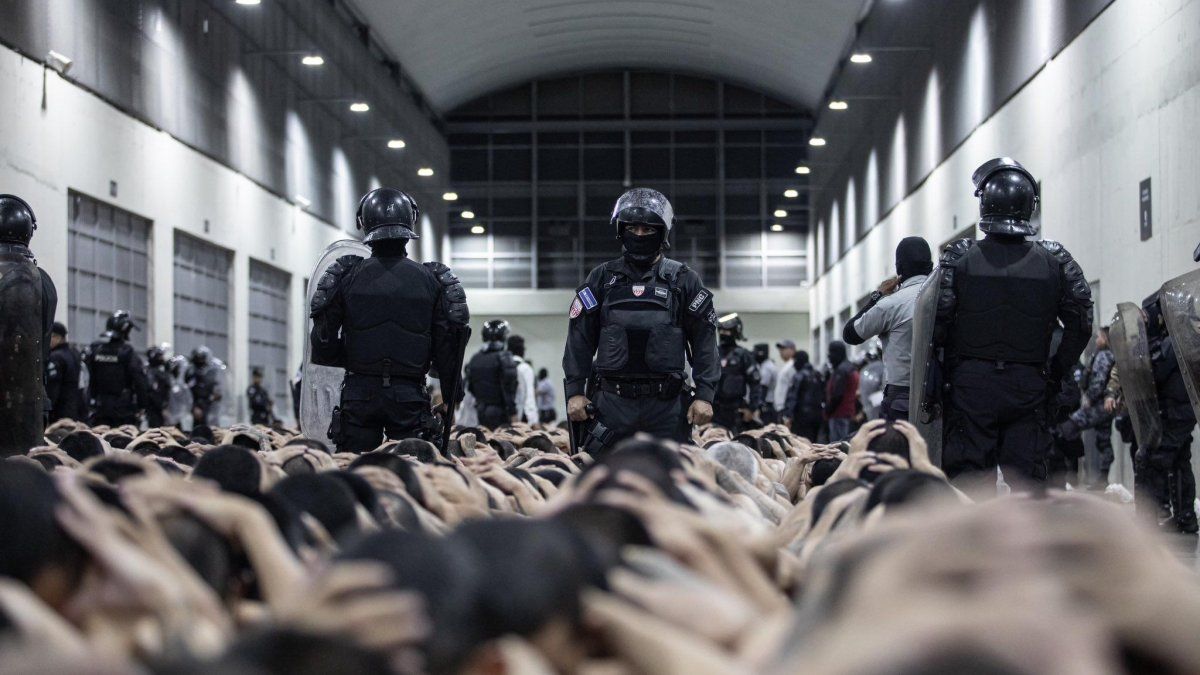Exclusive
Germany’s ballot paper king considers early voting to be dangerous
Copy the current link
When should Germany re-elect the Bundestag? Germany’s largest ballot paper printer warns star before an election date that is too early. Why?
If anyone in Germany knows anything about electoral organization, it’s Bastian Bleeck. He is the man without whom we cannot be elected in this country. His printing company, “Köllen Druck und Verlag” in Bonn, prints by far the most ballot papers in Germany – and has done so for many years. What does this man think about the heated debate about new elections?
One thing is certain: Bleeck considers a new election in January of next year – Union Chancellor candidate Friedrich Merz had named the 19th of that month – to be extremely risky. “With a lot of bending and breaking we could get it done,” says Bleeck in an interview with star. Paper has long been reserved, that is not the problem, but the short deadlines would significantly increase the election’s susceptibility to errors.
The telephones at the ballot paper king are not idle
Bleeck must know. A large proportion of Germany’s 11,000 municipalities commission their printers to produce ballot papers. Millions of ballot papers with millions upon millions of names on them are transported by trucks from Bonn to the entire republic before federal or state elections. The phones at “Köllen Druck und Verlag” are not standing still these days.
Bleeck still makes time for a phone call with him on Sunday star. The publishing director is worried: If the election were to actually take place on the desired date of CDU chairman Friedrich Merz, then the wrong documents would most likely be issued. With 299 constituencies, errors would always occur when typing and printing election documents: incorrect names of politicians, swapped parties, incorrectly placed special characters or order of candidates.
Such errors are normally rare, but every constituency and every voter and candidate is entitled to correct ballot papers. And in the hustle and bustle of shortened deadlines, such errors are much more likely. There is simply no time to correct misprints with such an early election date. That’s a problem, says the Köllen managing director. And above all, he believes it is avoidable.
The printing presses should be running from January 2nd
Bleeck calculates: If elections were held in January, that would mean that, with the shortened deadlines for candidate nominations, the party lists would only be finalized 30 days before election day. Then there was another four day objection period if candidates or lists were rejected. From January 2nd, the printing presses would have to start immediately in order to at least get the postal voting documents on the way, explains Bleeck, and then the ballot papers for the ballot box would be printed at the polling stations.
Nothing happens before Christmas anyway. This is not due to laziness, on the contrary. “There are no deliveries between Christmas and New Year,” says Beeck. The logistics forwarding companies would not be available these days. This is due to vacations and trips home, because many drivers do not come from Germany. And the Christmas business.
This would mean major restrictions, especially for postal voting. “The time window for this would be particularly short with such an early election date,” says Germany’s chief ballot paper printer. In reality, he only expects about a week in which citizens could sign their cross by post after receiving the documents. It couldn’t be faster. This is already causing concern among those responsible in the municipalities. Even a federal election is ultimately organized locally, often by volunteers, and not from Berlin.
Significantly fewer postal voters expected
Bleeck is talking a lot to local officials these days. The municipalities are already expecting fewer postal voters – a maximum of a quarter. In the European elections in June, almost 4 out of 10 voters voted by post. You could see what poor organization can mean in Berlin in 2021. Everything came together: several elections, a marathon, poor organization. But more voters at the polling station also means more effort.
Bleeck doesn’t like taking risks like that. He therefore demands pragmatic realism from those politicians who now have to agree on the date: It would not serve anyone if the election were not carried out correctly, says Bleeck: “You should definitely give yourself two to three weeks more time .” That would be important for a proper process. The new election would then probably take place during February.
The Greens are now also pushing for quick new elections
Chancellor Olaf Scholz has recently shown willingness to discuss a new election date earlier than March 2025. It wasn’t just the Union that had been pushing in recent days for him to ask the vote of confidence earlier than January 15th. On Sunday, Scholz’s current coalition partner Robert Habeck (Greens) also stated that he had little understanding for a hanging game that lasted too long. The FDP is also calling for quick new elections.
The Federal Returning Officer wants to consult with the state returning officers on Monday. Ruth Brand had already warned in a letter about problems with an early election. For example, she talked about a lack of paper. Both Beeck and the paper industry contradict the Federal Returning Officer on this point. Ballot king Beeck still advises against unnecessary haste in organizing the election. He has to know.
Source: Stern
I have been working in the news industry for over 6 years, first as a reporter and now as an editor. I have covered politics extensively, and my work has appeared in major newspapers and online news outlets around the world. In addition to my writing, I also contribute regularly to 24 Hours World.





